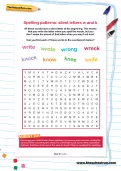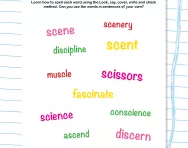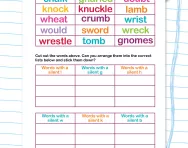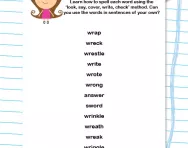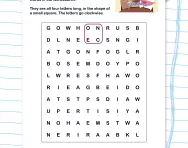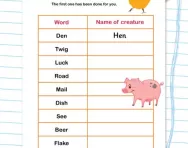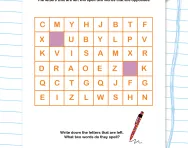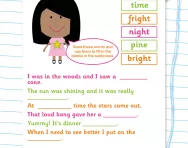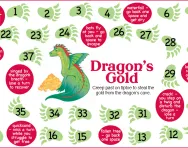Important update from TheSchoolRun
For the past 13 years, TheSchoolRun has been run by a small team of mums working from home, dedicated to providing quality educational resources to primary school parents. Unfortunately, rising supplier costs and falling revenue have made it impossible for us to continue operating, and we’ve had to make the difficult decision to close. The good news: We’ve arranged for another educational provider to take over many of our resources. These will be hosted on a new portal, where the content will be updated and expanded to support your child’s learning.
What this means for subscribers:
- Your subscription is still active, and for now, you can keep using the website as normal — just log in with your usual details to access all our articles and resources*.
- In a few months, all resources will move to the new portal. You’ll continue to have access there until your subscription ends. We’ll send you full details nearer the time.
- As a thank you for your support, we’ll also be sending you 16 primary school eBooks (worth £108.84) to download and keep.
A few changes to be aware of:
- The Learning Journey weekly email has ended, but your child’s plan will still be updated on your dashboard each Monday. Just log in to see the recommended worksheets.
- The 11+ weekly emails have now ended. We sent you all the remaining emails in the series at the end of March — please check your inbox (and spam folder) if you haven’t seen them. You can also follow the full programme here: 11+ Learning Journey.
If you have any questions, please contact us at [email protected]. Thank you for being part of our journey it’s been a privilege to support your family’s learning.
*If you need to reset your password, it will still work as usual. Please check your spam folder if the reset email doesn’t appear in your inbox.
Spelling patterns: silent letters w and k
What are examples of spelling patterns?
A spelling pattern is a predictable arrangement of letters within words that helps guide their pronunciation and spelling. For example, a common spelling pattern taught in primary school is the silent 'e' pattern, where adding an 'e' at the end of words like kit (becoming kite) changes the vowel sound from short to long.
What is the spelling pattern or rule for letters beginning with k and w?
Silent w
Words like wrist, write, and wrench all contain a silent w at the beginning. This pattern is typically found in words where w precedes the letter r. The w is not pronounced, so it helps to familiarise children with the visual appearance of these words and the sound they make without the w. Teachers often introduce this pattern through reading and writing activities, encouraging children to recognise and use these words in sentences to reinforce their understanding that the w is silent and not sounded out.
Silent k
In words such as knight, knife, and knee, the k is silent when it comes before an n. This silent k pattern is common in English and can initially be tricky for young learners. To help children grasp this pattern, teachers might use flashcards and reading exercises, pointing out that while the k is part of the spelling, it does not affect the pronunciation of the word. Engaging activities like matching games or writing sentences with silent k words can make the learning process more enjoyable and memorable.
How will this spelling patterns worksheet help your primary-school child?
This fun spelling patterns activity was created by an experienced educator with the purpose of engaging your child in the learning process and embedding the rules for silent w and k.
For more support with primary-school English, check out our hub page, or try a new challenge such as our Spelling patterns: the prefix dis-.
